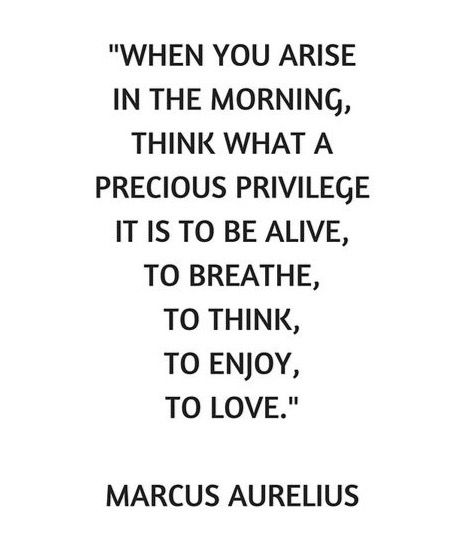The Negative Bias
- Inner Odyssey

- Dec 6, 2020
- 4 min read
Updated: Dec 10, 2020

Have you ever found yourself dwelling on an insult or fixating on your mistakes? Criticisms and judgements often have a greater impact than compliments, and bad news frequently draws more attention than good.
The reason for this is that negative events have a greater impact on our brains than positive ones. Psychologists refer to this as the Negative Bias. This can have a powerful impact on your decisions, your behaviors, and even your relationships.
What Is The Negative Bias?
The negative bias is our tendency to register negative stimuli more readily and to dwell on these events. This means that we feel the sting of a rebuke more powerfully than we feel the joy of praise.
This psychological phenomenon explains why bad first impressions can be so difficult to overcome and why past traumas can have such long lingering effects. In almost any interaction, we are more likely to notice negative things and later remember them more vividly.
Research has shown that across a wide array of psychological events, people tend to focus more on the negative as they try to make sense of the world. The tend to learn more from negative experience and outcomes and make decisions based on negative information more than positive data.
Common Example of Negative Bias
The negative bias can have a variety of real-world effects on how people think and act. Do any of these situations and events seem familiar?
You received a performance review at work that was quite positive overall and noted your strong performance and achievements. But few constructive comments pointed out areas where you could improve, and you find yourself fixating on those remarks. Rather than feeling good about the positive aspects of your review, you feel upset and angry about the few critical comments.
You humiliated yourself in front of your friends years ago and can still vividly recall the event. You find yourself cringing with embarrassment over it, even though your friends have probably forgotten about it entirely.
Where Did It Come From?
Our tendency to pay more attention to bad things and overlook good things is likely a result of evolution. Earlier in human history, paying attention to bad, dangerous, and negative threats in the world was literally a matter of life and death. Those who were more attuned to danger and who paid more attention to the bad things around them were more likely to survive.
Some research suggests that this negativity bias starts to emerge in infancy. Very young infants tend to pay greater attention to positive facial expression and tone of voice, but this begins to shift as they near one year of age.
Brain studies indicate that around this time, babies begin to experience greater brain responses to negative stimuli. This suggests that the brain's negative bias emerges during the latter half of a child’s first year of life. There is some evidence that the bias may actually start even earlier in development.
In studies conducted by psychologist John Cacioppo, participants were shown pictures of either positive, negative, or neutral images. The researchers then observed electrical activity in the brain. Negative images produced a much stronger response in the cerebral cortex than did positive or neutral images.
How To Overcome Negative Bias?
The negativity bias can take a toll on your mental health, causing you to:
Dwell on dark thoughts.
Hurt your relationships with loved ones.
Make it elusive to maintain an optimistic outlook on life.
Fortunately, there are steps we can take to change our thinking and fight the tendency toward negative thinking.
Avoiding Negative Self-Talk
Start paying attention to the type of thoughts that run through your mind. After an event takes place, you might find yourself thinking things like “I shouldn’t have done that.” This negative self-talk shapes how you think about yourself and others.
One way to do this is to stop those thoughts whenever they begin. Instead of fixating on past mistakes that cannot be changed, consider what you have learned and how you might apply that in the future.
Reframe the Situation
How you consider events, experiences, and people plays a large role in shaping how you interpret events. When you find yourself interpreting something in a negative way, or only focusing on the bad aspect of the situation, look for ways to reframe the events in a more positive light.
This doesn’t mean ignoring potential dangers or wearing rose-colored glasses—it simply means refocusing so that you give fair and equal weight to good events.
Search for New Patterns
When you find yourself ruminating on things, look for an uplifting activity to pull yourself out of this negative mindset. For example, if you find yourself mentally reviewing some unpleasant event or outcome, consciously try to redirect your attention elsewhere and engage in an activity that brings you joy. For instance, you can go for a walk, listen to an empowering podcast, or read a gook book.
Relish Positive Moments
Since it takes more for positive experiences to be remembered, it is important to give extra attention to good things that happen. Where negative things might be quickly transferred and stored in your long-term memory, you need to make more of an effort to get the same effect from happy moments.
So when something great happens, take a moment to really focus on it. Replay the moment several times in your memory and focus on the wonderful feelings the memory evokes.
The Bottom Line ...
The negativity bias can have a powerful impact on your behavior, but being aware of it means that you can take steps to adopt a more positive outlook on life. Taking a more mindful approach that involves being aware of your own tendency toward negativity and consciously elevating happier thoughts to the forefront of awareness.
Ruminating on the negative can take a serious toll, so taking steps to combat this bias can play a role in boosting your mental well-being.



Comments